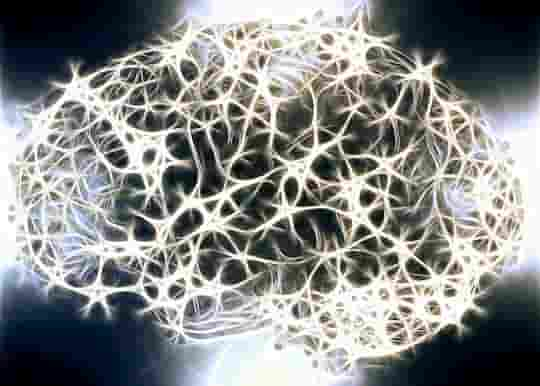The extracts work by preventing the build up of sticky amyloid beta in the brain.
Compounds found in carrots and green tea have been shown to reverse Alzheimer’s, research finds.
The plant-based treatment was able to completely restore the memories of mice in the study.
Epigallocatechin-3-gallate (EGCG) is a compound found in green tea.
Meanwhile, ferulic acid is found in rice, tomatoes, carrots, oats and wheat.
For the study, mice genetically programmed to develop the disease were given plant-based supplements for three months.
Although mouse studies often do not translate into humans, the findings are still promising, said Professor Terrence Town, study co-author:
“You don’t have to wait 10 to 12 years for a designer drug to make it to market; you can make these dietary changes today.
I find that very encouraging.”
For the research, 32 mice with Alzheimer’s symptoms were randomly assigned to different diets.
Four groups were fed with different combinations of EGCG and ferulic acid.
The dosages were 30 mg per kilogram of body weight.
This amount could easily be consumed by a human as part of a healthy diet or in the form of supplements.
The mice were given a range of tests of their memory and learning.
These are the mouse-equivalent of tests given to assess dementia in humans.
Professor Town explained the results:
“After three months, combination treatment completely restored working memory and the Alzheimer’s mice performed just as well as the healthy comparison mice.”
The group of mice that did best were those that were given both compounds together.
The two compounds appear to work by preventing the build up of sticky amyloid beta in the brain.
These are the clumps of protein seen in the brains of people with Alzheimer’s.
The compounds also reduced neuroinflammation and oxidative stress.
The study was published in the Journal of Biological Chemistry (Mori et al., 2019).

